Scholz expects second term despite weak poll numbers
Despite poor performance in a recent poll and the recent debacle in the eastern German elections which saw the Chancellor Olaf Scholz’ SPD party achieve its worst election results to date, Scholz is sticking to his plans to stand in the 2025 federal election.
He firmly expects “that the SPD and I will get such a strong mandate in 2025 that we will also lead the next government,” he told the Tagesspiegel.
“Governing is not getting any easier, so we should do it,” said the Chancellor. His goal is “an SPD-led federal government.”
This comes as the SPD, Greens and FDP coalition continues to lose support, according to a new survey conducted by Insa for Bild am Sonntag.
The three-party coalition garnered combined support of 29 percent, two percentage points lower than the previous week, while the SPD on its own found favour with just 15 percent of respondents (a 1 percentage point drop from a week earlier).
An increasing number of people are also unhappy with the coalition’s performance in government: 74 percent said they were not satisified with its work – 4 percentage points more than the survey from two weeks earlier – and 70 percent are unhappy with Scholz himself’s performance (a drop of 6 percentage points).
And 77 percent of those polled thought Scholz was a weak leader.
READ ALSO: ‘Political earthquake’: What the far-right AfD state election win means for Germany
More commuter connections promised in Deutsche Bahn restructure programme
Ailing infrastructure, train cancellations and delays – travelling on Germany’s train network has become unreliable.
But Transport Minister Volker Wissing said last week a major programme should turn things around.
Now Deutsche Bahn CEO Richard Lutz has put together a 110-page paper with details of the plan.
According to German newspaper Süddeutsche Zeitung, which viewed the report, the paper is called S3 and will be discussed at the next supervisory board meeting on September 18th.
In ‘S3’, Lutz explains how the railway is to become profitable and punctual again by 2027 – with values that he had already largely promised for 2024 five years ago, reports the SZ.
Lutz cites the broken infrastructure as the main reason for the missed targets.
According to the restructuring programme, Deutsche Bahn should make an operating profit of two billion euros in 2027.
Lutz promises more commuter connections, wants to redesign the regional network and grow internationally. The railway boss also wants to shorten train turnaround times and keep fewer ICE trains in reserve.
READ ALSO: ‘Improve punctuality’: Can Germany sort out its crisis-hit train network?
Volkswagen boss: situation at VW is ‘serious’ but stands by Germany as a location
Volkswagen head Oliver Blume has defended planned cost-cutting measures at the core VW brand. However, the situation at VW is “so serious that you can’t just let everything continue as before,” Blume told Germany’s Bild am Sonntag.
“At VW, cost reductions are currently not enough. VW management is therefore “working on further measures,” he said, without specifying what these might be.
The management of the Volkswagen Group’s core VW brand announced a tougher cost-cutting course on Monday and no longer ruled out factories being closed or redundancies.
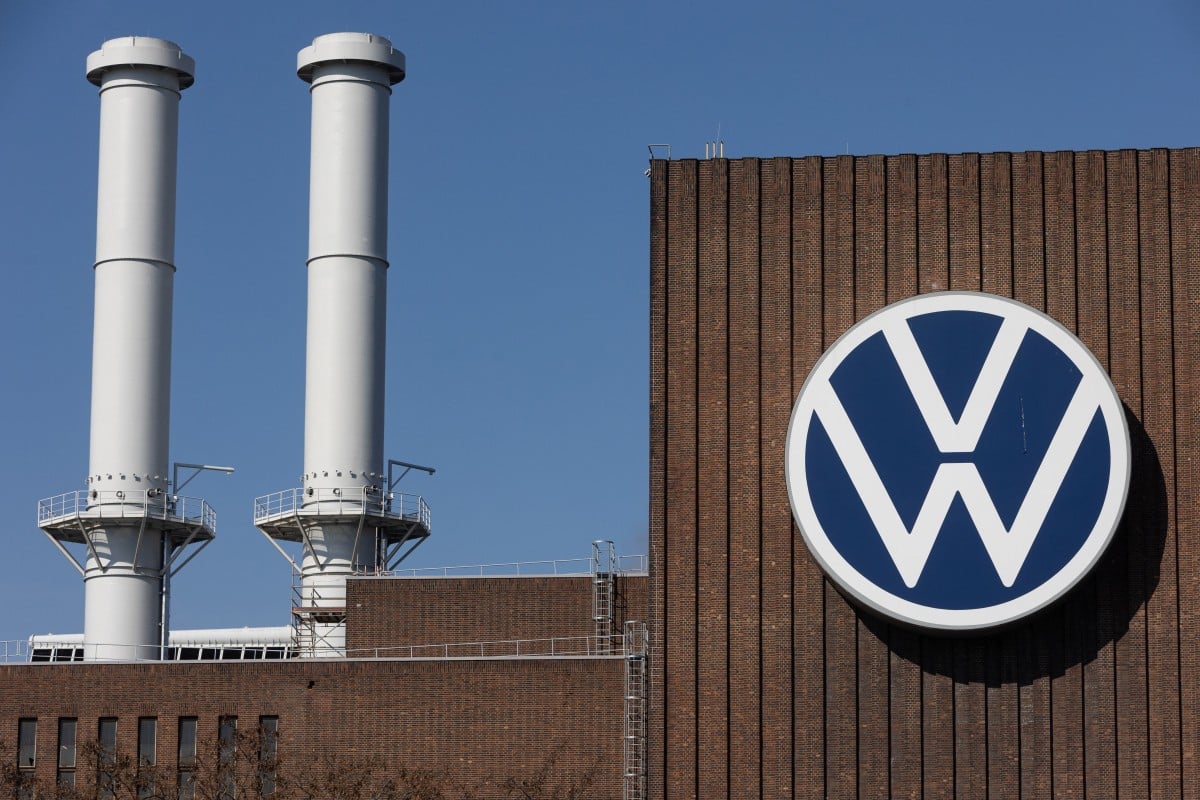
Volkswagen, however, “stands firmly by Germany as a location,” said Blume. “Volkswagen has shaped entire generations. We have employees whose grandfathers worked at Volkswagen. I want their grandchildren to be able to work here too,” he said.
The carmaker has struggled amid diminished uptake for its electric vehicles and rising competition from cheap Asian competitors.
READ ALSO: Volkswagen mulls plant closures and job cuts in Germany
Action taken against 1,200 snack bars and restaurants violating regulations
During inspections at the around 6,000 restaurants and snack bars in the state of Mecklenburg-Western Pomerania, last year, authorities issued sanctions against 1,208 businesses which were violating regulations.
Eight were given criminal charges, 47 were fined and certain conditions were imposed on 1,153 to bring them in line with regulations, according to the state government’s response to a request by AfD state parliament member Martin Schmidt.
According to the information, around 70 food inspectors are employed by the municipalities in the northeastern state.
Schmidt had specifically asked about kebab shops, but the data collected does not indicate which of the shops inspected sell kebabs.
There is currently a dispute over what meat can be used in kebabs with the International Kebab Association (Udofed) applying to the European Union to include kebabs on the EU list of “guaranteed traditional specialties”. If the request was granted, kebab skewers would have to be produced according to uniform rules throughout the EU.
The restaurant industry and meat producers in Germany are opposing the initiative with the support of Germany’s government.
With reporting by Amy Brooke and DPA

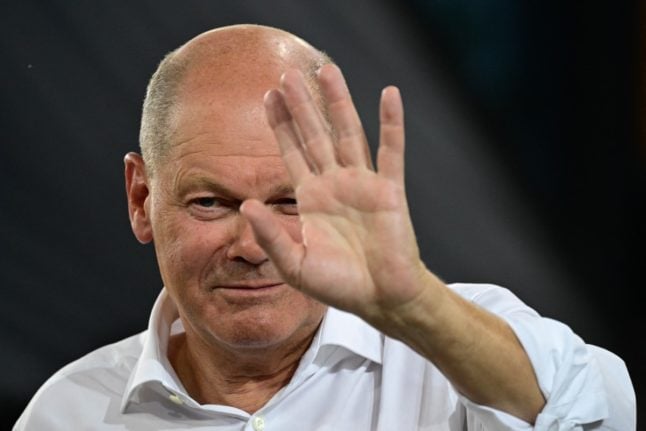
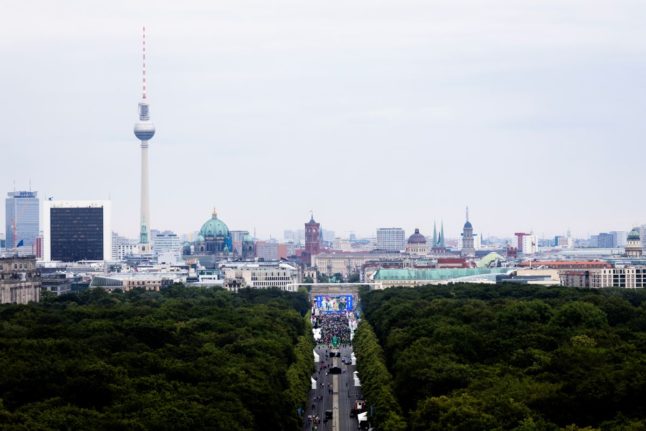
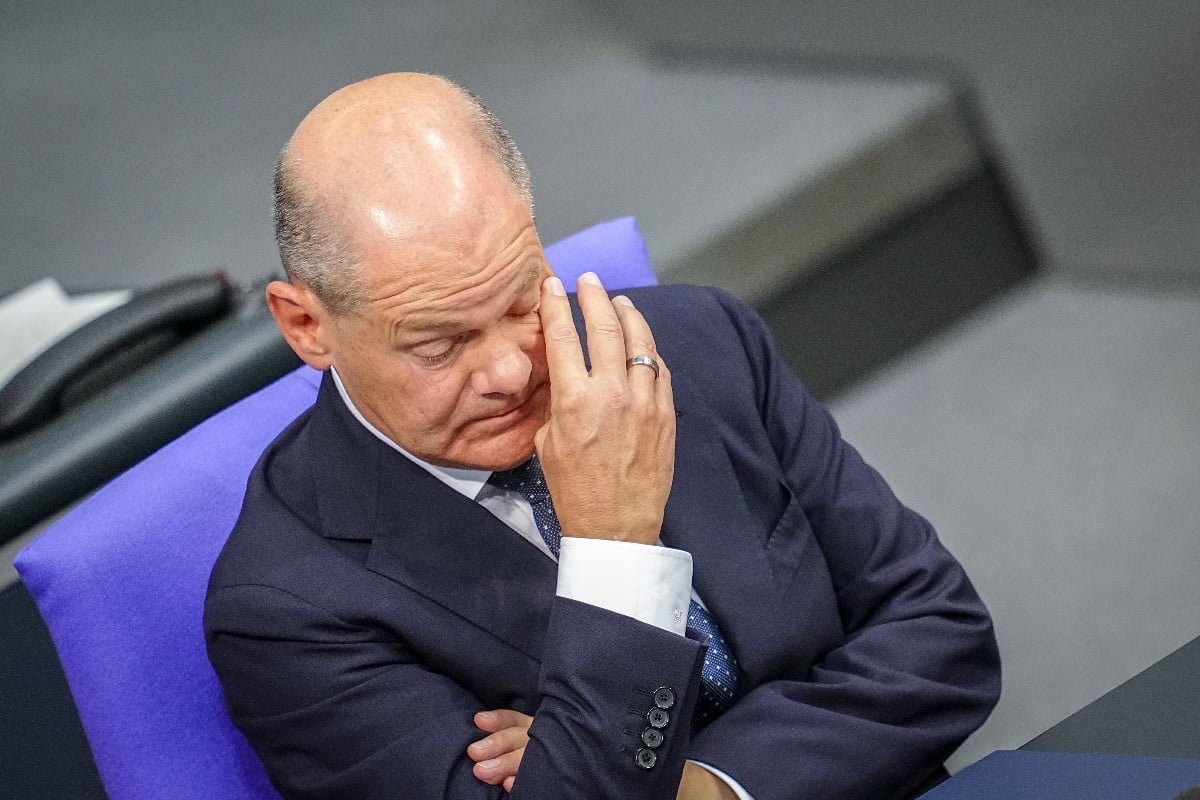
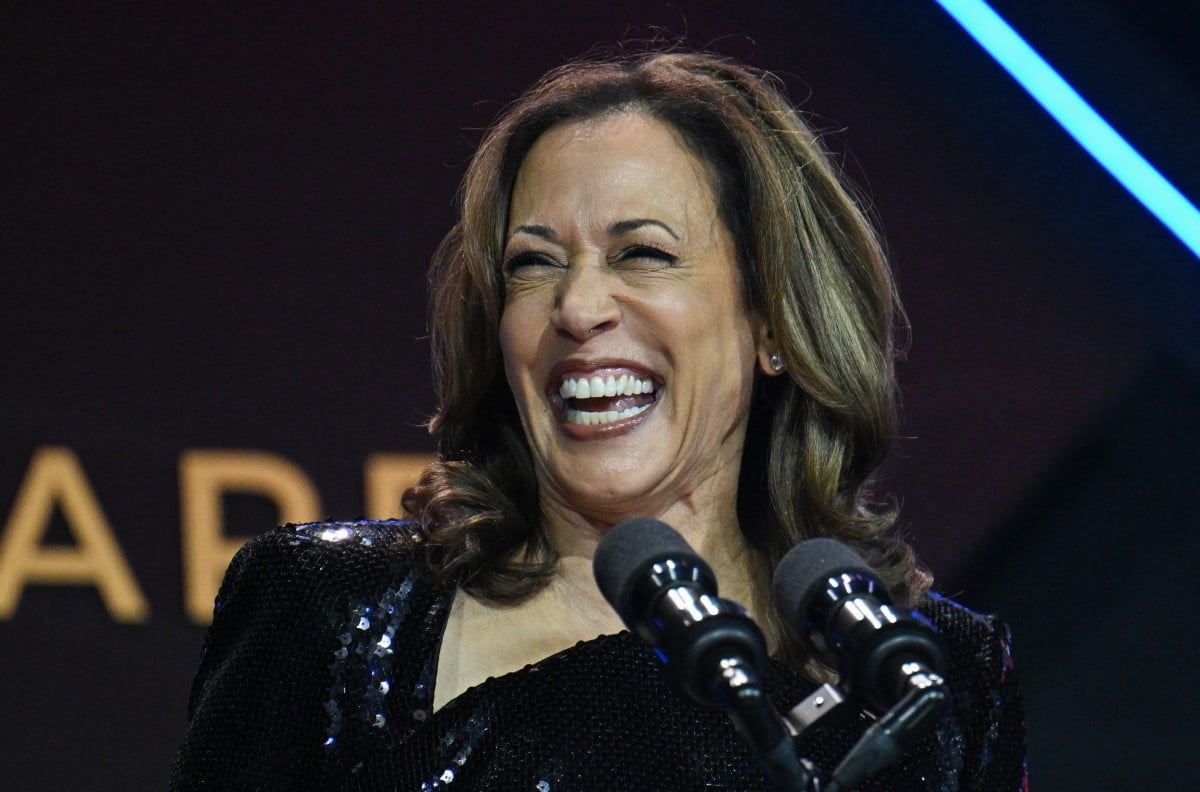
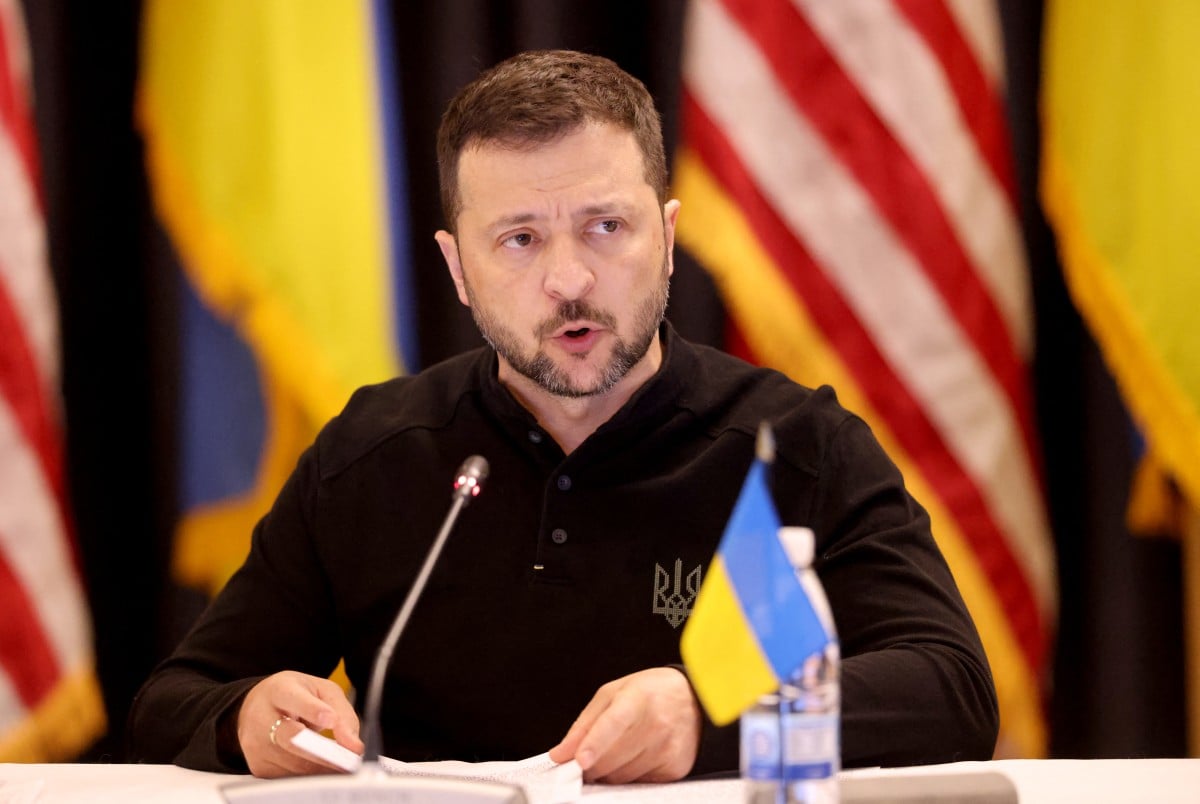
 Please whitelist us to continue reading.
Please whitelist us to continue reading.
Member comments